
Improving safety in surgery through structured education and standardization
Alfred Surgery is an innovative cloud-based platform, specifically designed to enhance the safety of surgical procedures. We guide clinicians through training programs as well as in daily clinical practice. Adapting good practice from the aviation industry, Alfred Surgery combines the expertise of world-leading clinical experts with cutting-edge technology to enhance patient safety.
The solution offers structured training, designed by key opinion leaders, providing the surgical staff with in-depth knowledge and skills to reach excellence within their field. For clinical care, we provide advanced tools for standardization, collaboration, digital checklists with knowledge-support, and data analysis to enhance quality of care.
Interested to know more? Connect with us!
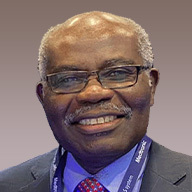
True confidence comes not from foolish arrogance, but from humble and deliberate training. This is what Alfred stands for.
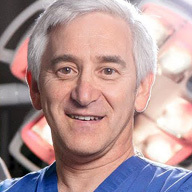
The Alfred Surgery platform will undoubtedly prove an indispensable, dynamic resource for countless surgeons. Far surpassing those currently available in traditional training programs.
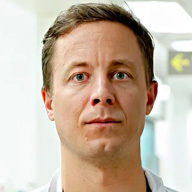
Alfred Surgery’s efforts for improvement of surgical practice and education are deeply appreciated and you have the full support of the Norwegian Surgical Association.
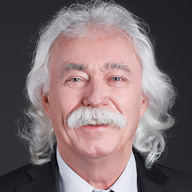
This is how surgery should be taught. Alfred Surgery will become the bible of surgery.
A module-based platform
This is how Alfred Surgery works.

Editor
In the editorial section educational content and best-practice standards are created by editor groups. The platform enables groups of experts to collaborate, create content and receive feedback from users.
Education
In the educational section, users have access to structured educational protocols. These protocols provide step-by-step guidance on surgical procedures, covering all phases of a treatment pathway.
Surgery
The platform is used within the clinic to ensure the quality of each step in a patient's pathway. Clinicians are provided with procedure-specific checklists and clinical support tools. Structured clinical data is collected and made available for analysis.
Adverse events
In a safety culture, professionals learn from each other's mistakes. In the aviation industry it has been a standard practice for many years to utilize adverse events as a primary method for skill training.
Alfred Surgery follows this approach by offering scenario-based training that is derived from real-life surgical adverse events and "near misses". The valuable learning points from these scenarios are incorporated into the educational protocols, ensuring continuous improvement of our protocols.
A layered architecture
Implementation of best practice standards.



-
5
Data analysis of performance
Alfred Surgery gathers structured data through the educational and clinical process. This clinical data is made accessible for performance analysis and research purposes, ensuring continuous improvement.
-
4
Standardized patient pathways
The standards are then used within the clinic as clinical protocols. The protocols enable standardization and assist clinicians to “do it right the first time”.
-
3
Structured education
The standards are the blueprint for step-by-step training of the surgical staff. The content is presented within educational protocols, covering all phases of a treatment pathway. Multiple protocols can be clustered within curriculums to suit the hospitals educational program.
-
2
Local adaptations
To assure seamless incorporation within the clinic, the standards are customizable to local preferences and logistics. However, customization does not compromise the “golden standard” principles.
-
1
Expert curated educational and surgical standards
The Alfred Surgery system is constructed upon expert-curated educational and procedural standards. These standards are the foundation for implementation of the Alfred Surgery system.
A new way of learning
Innovative user interface

Task overview
Clinicians are provided with step-by-step checklists with knowledge-support for each part of a treatment pathway. These structured checklists will improve clinical decision-making and enables collection of critical clinical data. It will also enhance team coordination and common situational awareness.
Surrounding the task overview six educational satellites are presented. The satellites ensure proper execution of the tasks and handling of variations within surgery.
Normal execution
Surgical teams are trained to perform the different steps of a procedure under normal circumstances. In surgery, several ways of executing a task may be correct and Alfred Surgery provides overview of these in a standardized way.
Equipment
The users are trained in what equipment is used and how it is used during the different steps of a procedure.
Challenging situations
The surgical team is trained to manage challenging situations. In real-life surgery, many patient cases deviate from normal standards. Therefore, clinicians need to acquire the necessary skills and expertise to successfully manage these complex scenarios.
Common errors
During the early stages of their learning curves, clinicians frequently make similar errors. By providing scenario-training on common errors, we aim to avoid these and advance the learning curves.
Adverse events
During complex surgical care pathways, adverse events may occur. In some cases, these events can be life-threatening or cause permanent disability. The patient-related and socio-economic consequences of these events are extremely high and must be avoided.
Alfred Surgery prevents the occurrence of adverse events by providing procedural task lists and tools that increase common situational awareness within the surgical team. These task lists are modifiable so that knowledge obtained from new events can be incorporated and shared with all Alfred Surgery users. The platform also exhibits a emergency warning system to prevent recurrence.
Evidence
A comprehensive overview of the relevant literature and guidelines used within the protocols.
Learning from the aviation industry
A safety culture.


Learning from the aviation industry
A safety culture.
When aviation transitioned into safety, the best were asked to set the standards. The rest had to follow.
Alfred Surgery has a strong focus on collaboration to build a community with surgeons exchanging knowledge and sharing insights. Global key opinion leaders are united within editor groups to define surgical standards. We actively promote a strong learning culture by encouraging the sharing surgical challenges across hospital and country borders. Through this collaborative approach and by placing the best in front, we strive to continuously enhance surgical expertise and safety worldwide.
Meet the team
Our pioneering experts.
Core team
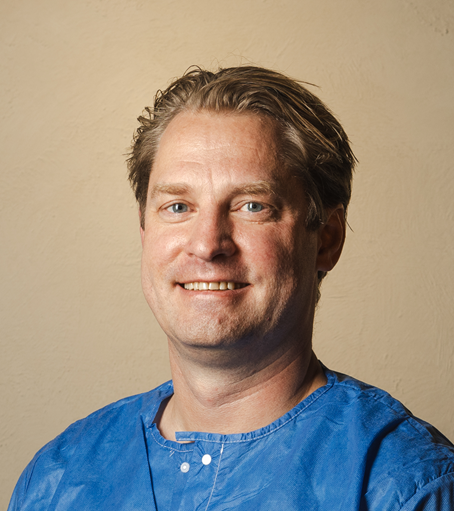
Dr. Knut Borch
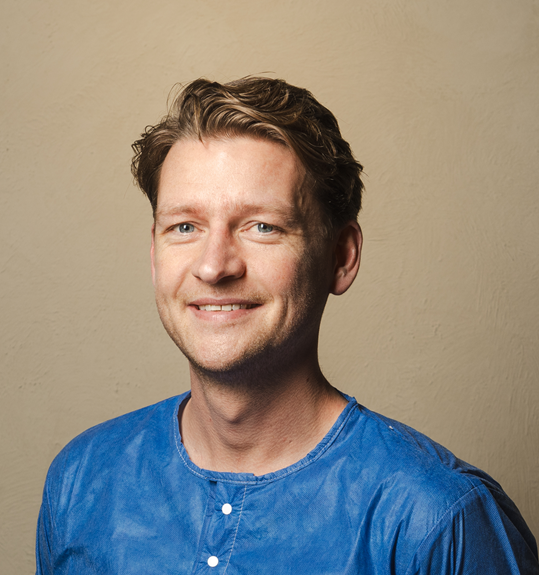
Dr. Robbert Jan Lindeman
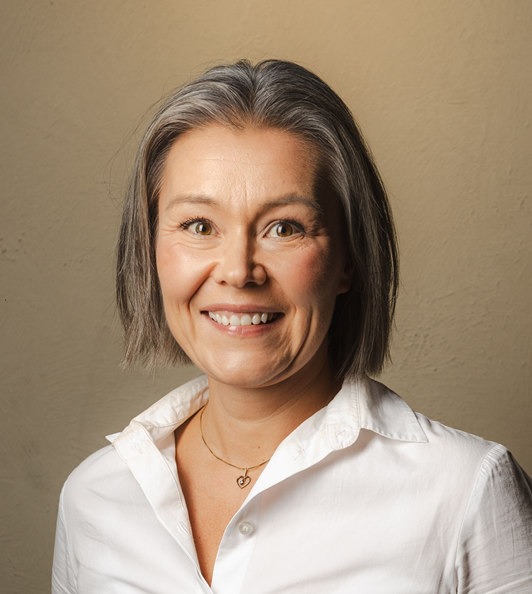
Inger Jørstad
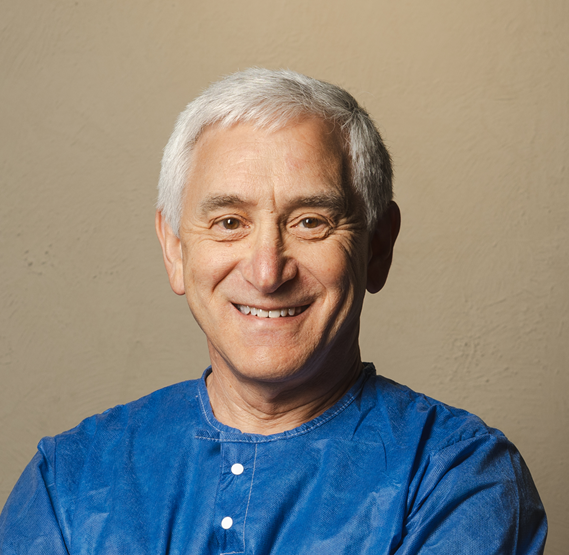
Dr. David Lourié

Kristian Bjørnstad
Collaborating experts
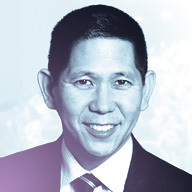
Dr. David Chen

Dr. Med. Jan Kukleta
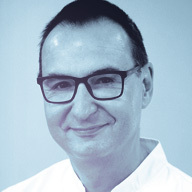
Dr. Victor Radu
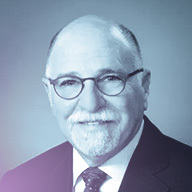
Dr. Ed Felix

Dr. Andrew de Beaux
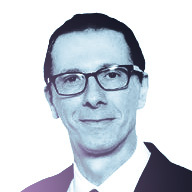
Dr. Jorge Daes
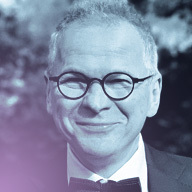
Dr. Filip Muysoms

Dr. Chris Oppong
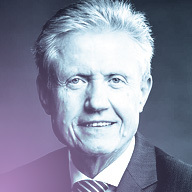
Dr. René Fortelny
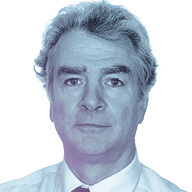
Dr. Simon P. Brown
